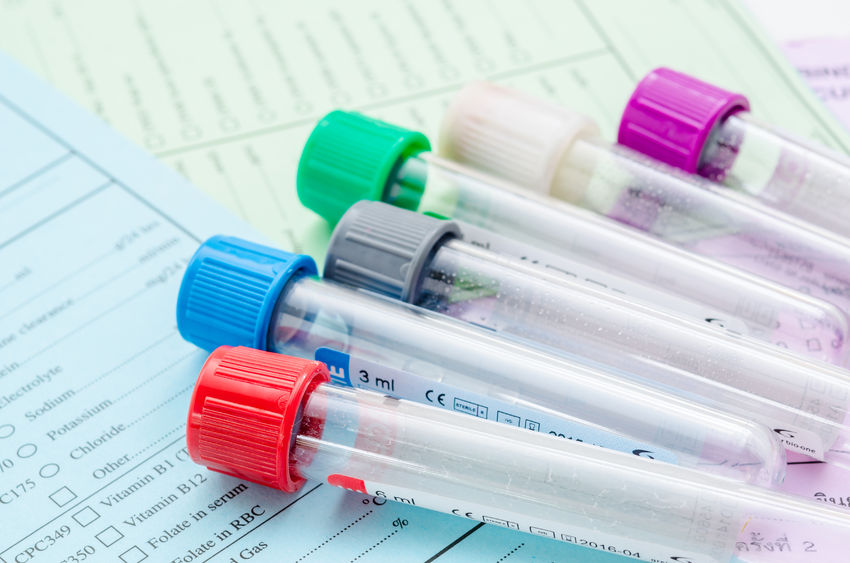
Allergy Beta Lactoglobulin Enzyme Assay Blood
What is this test?
This test is used to detect the presence of immunoglobulin E (IgE) antibodies against the beta-lactoglobulin in the blood. This test helps to know the immune response of the body towards the beta-lactoglobulin.
What is Beta-Lactoglobulin? Beta-Lactoglobulin is a major whey protein that is present in the milk of cow, pig, horse, dog, cat, etc. It is not present in human milk. It binds to the hydrophobic ligands such as cholesterol, vitamin-D, curcumin, retinol, etc. It helps in the digestion of milk lipids and plays an important role in the transport of retinol to the neonatal from the mother.
Human infants may develop an allergic reaction to the milk containing beta-lactoglobulin as it is the antigenic component that stimulates the immune hypersensitivity in the infants.
What is Beta-Lactoglobulin allergy?
Beta-Lactoglobulin allergy is a type of allergy in which an individual is allergic to the beta-lactoglobulin and may suffer from symptoms such as redness and itching on the skin, facial swelling, dermatitis, diarrhea, constipation, nausea, vomiting, delayed growth in infants, shortness of breath, etc.
What are the antibodies?
Antibodies are produced when any foreign substance or virus or bacteria enters the body. Antibodies are in Y shaped and are of 5 sub-types. They are IgG, IgM, IgA, IgD, IgE. IgE binds to the basophils and mast cells and is seen during allergic reactions.
Why this test is performed?
This test is performed to check whether an individual is allergic to beta-lactoglobulin or not. The doctor may ask you to undergo this test if you are suffering from symptoms such as vomiting, diarrhea, rash, swelling, redness, itching, shortness of breath, dizziness, excessive sweating, fever, etc.
Also known as Allergy Beta Lactoglobulin Enzyme Assay.
Test Preparation
No special preparation is needed for Allergy Beta Lactoglobulin Enzyme Assay Blood. Inform your doctor if you are on any medications or have any underlying medical conditions or allergies before undergoing Allergy Beta Lactoglobulin Enzyme Assay Blood. Your doctor depending on your condition will give specific instructions.
Understanding your test results
The test results may be different depending on gender, age, and health conditions. Inform your doctor if you have any other allergies.
Generally, there is no need for medical interventions if test results are normal.
If your test results show high levels of IgE antibodies than the given normal reference range, it may indicate that the person is most likely to have the beta-lactoglobulin allergy.
If your test results are lower than the normal reference range, it may indicate that the person is unlikely to have the beta-lactoglobulin allergy.
Based on the test results, your doctor may advise appropriate medical treatments, lifestyle modifications, or further diagnostic tests.
| Gender | Age groups | Value |
| UNISEX | All age groups | Increased IgE (>100kU/l) is seen if the person is allergic to the specific substance |

